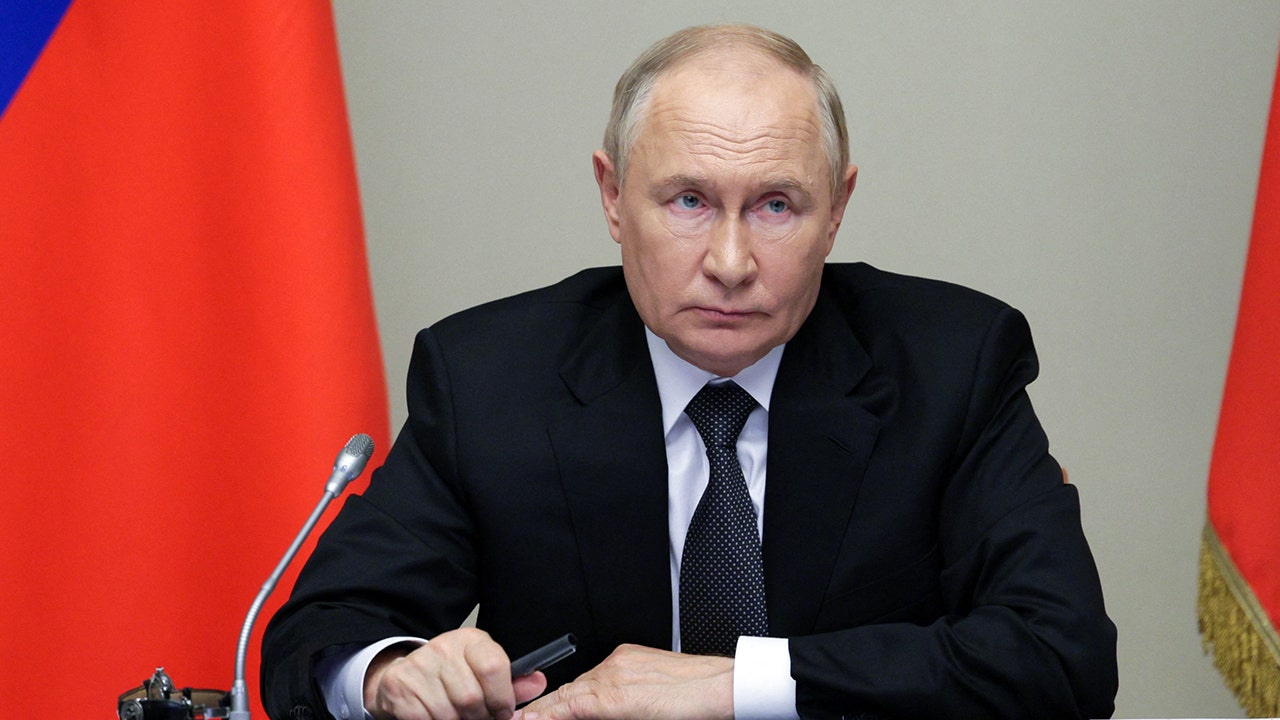World
Jury in Donald Trump’s hush-money trial ends 1st day of deliberations without verdict | CBC News
Twelve jurors weighing the evidence in former U.S. president Donald Trump’s criminal hush-money trial ended the first round of deliberations without a verdict on Wednesday, meaning there will be at least one more day in the first criminal trial for an American president.
Two and a half hours after jurors began closed-door deliberations, the group asked the judge for transcripts of some witness testimony.
It was unclear how long they would take to reach a verdict.
Trump faces 34 felony counts of falsifying business records, charges that are punishable by up to four years in prison, though the judge would have discretion to issue a probationary sentence in the event of a conviction.
At the heart of the charges are reimbursements paid to former Trump lawyer Michael Cohen for a $130,000 hush-money payment to porn actor Stormy Daniels in exchange for not going public with her claim about a 2006 sexual encounter with Trump.
Trump had pleaded not guilty to the offences.
“Mother Teresa could not beat these charges,” he told reporters outside the courtroom, referring to the late nun and Nobel Peace Prize laureate. “The whole thing is rigged.”
Jurors in Donald Trump’s criminal hush money trial have begun deliberations, weighing the evidence and testimony they have heard and seen over the last five weeks.
After jurors left the courtroom to begin deliberations, Judge Juan M. Merchan told Trump and his lawyers that they were required to remain in the courthouse.
“You cannot leave the building. We need you to be able to get here quickly if we do receive a note,” Merchan said.
Intent to conceal crime needed, judge says
It is the first time a jury has ever considered criminal charges against a former president.
Trump, who is expected to the Republican candidate for president a third consecutive time, also faces three criminal indictments in other jurisdictions, though those cases have been bogged down in delays and over outstanding legal issues.
The historic deliberations followed Tuesday’s whirlwind of closing arguments, during which prosecutor Joshua Steinglass accused Trump of intentionally deceiving voters by allegedly participating in a “catch-and-kill” scheme to bury stories that might obliterate his 2016 presidential bid.
The defence targeted the credibility of star witness Cohen. Defence lawyer Todd Blanche branded Trump’s former lawyer as “the greatest liar of all time” while urging jurors to quickly acquit his client.
Prosecutors are required to prove two elements for each of the counts in order to find Trump guilty, Merchan told the jurors. They must find that he “personally or by acting in concert with another person or persons made or caused a false entry in the records” of a business. Prosecutors must also prove that Trump did so with the intent to commit or conceal another crime.
Actor Robert De Niro had strong words when asked about a character he would never choose to play. His answer was former U.S. President Donald Trump, saying he is ‘not even a human,’ and went further by refusing to call him a pig, because doing so would be a ‘disservice to pigs.’
Prosecutors allege the other crime that Trump intended to commit or conceal was a violation of a state election law regarding a conspiracy to promote or prevent an election by unlawful means.
The alleged unlawful means that jurors must consider are:
- Violations of federal campaign finance law.
- Falsifying other business records, such as paperwork used to establish the bank account used to pay Daniels, bank records and tax forms.
- Violation of city, state and federal tax laws, including by providing false or fraudulent information on tax returns, “even if it does not result in underpayment of taxes.”
Merchan also went over New York’s law against “conspiracy to promote or prevent election,” a statute that’s important to the case. Under New York law, it’s a misdemeanour for two or more people to conspire to promote or prevent a candidate’s election “by unlawful means” if at least one of the conspirators takes action to carry out the plot.
Merchan instructed jurors on the concept of accessorial liability, under which a defendant can be held criminally responsible for someone else’s actions. That’s a key component of the prosecution’s theory, because while Trump signed some of the cheques at issue, people working for his company processed Cohen’s invoices and entered the transactions into its accounting system.
The prosecution and defence make their arguments at the Donald Trump hush-money trial, where the prosecution is arguing the evidence is irrefutable and the defence argues Trump is the real victim and key witness Michael Cohen can’t be trusted.
‘No particular formula’ to assess witnesses: judge
To hold Trump liable for those actions, Merchan said jurors must find beyond a reasonable doubt that he solicited, requested or commanded those people to engage in that conduct and that he acted intentionally.
The judge gave the jury some guidance on factors it can use to assess witness testimony, including its plausibility, its consistency with other testimony, the witness’s manner on the stand and whether the person has a motive to lie.
But, the judge said, “There is no particular formula for evaluating the truthfulness and accuracy of another person’s statement.”
Merchan also reminded jurors of their vow, during jury selection, “to set aside any personal bias you may have in favour of or against” Trump and decide the case “fairly based on the evidence of the law.”
He also reminded them that the burden of proof remains on the prosecutor and that Trump is “not required to prove that he is not guilty.”
The Current10:50Jury deliberates in Trump hush money trial
The jury is set to deliberate in Donald Trump’s hush money trial. The Washington Post’s Devlin Barrett takes us inside a wild trial that is already having political ramifications.
After the main jury left the courtroom Wednesday, Merchan told the six alternates who remain in the courtroom that they will remain on standby in the courthouse as deliberations get underway. He thanked them for their service and diligence, noting he saw one of the alternates go through three notebooks.
The alternates will be kept separate from the main jury and must also surrender their phones to court officers while deliberations are in progress. If a member of the main panel is unable to continue, an alternate can take that person’s place and deliberations will begin anew.









